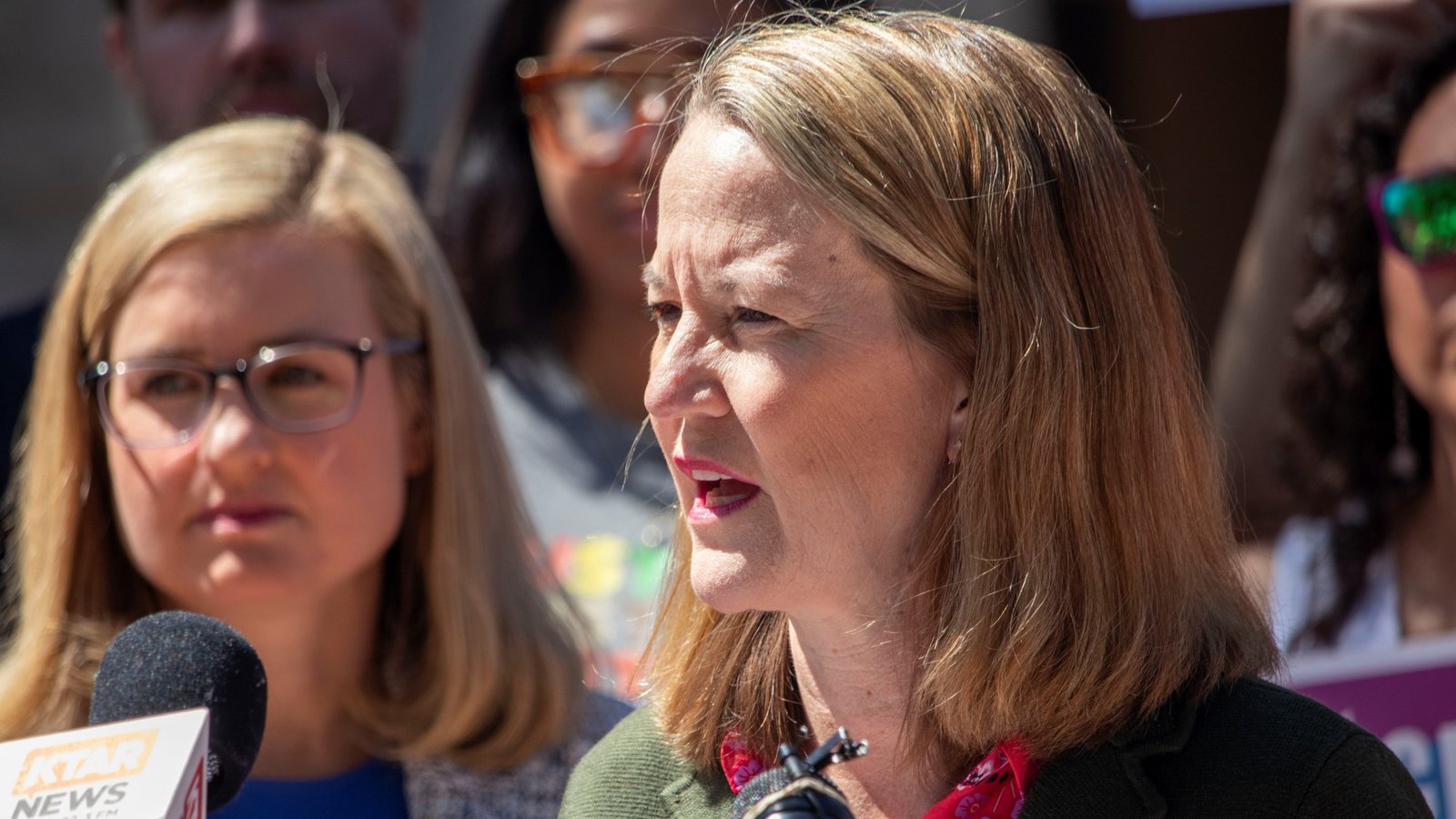Donald Trump
Kris Mayes Urges Arizona Federal Workers to Reject Trump’s ‘Unenforceable’ Mass Buyout Scheme

A coalition of attorneys general, including Arizona’s Kris Mayes, has issued a warning to federal employees regarding a controversial buyout offer from the White House. The alert comes in light of a December 2024 congressional report which revealed that approximately 34,150 Arizonans work for the federal government, contributing to various programs such as Veterans Affairs, Medicaid, and Medicare.
Last month, over 2 million federal employees received an email from the Office of Personnel Management, encouraging them to participate in a “deferred resignation program” by February 6. Under this program, employees would receive compensation through the end of September, but would ultimately risk job loss as part of a broader strategy initiated during the Trump administration to reduce the federal workforce.
The buyout offer notably excludes military personnel, U.S. Postal Service workers, and those engaged in immigration enforcement and national security roles. This initiative is seen as a significant step toward fulfilling President Trump’s commitment to replace career civil servants with individuals more aligned with his administration’s objectives.
This move has raised significant concerns among federal employee unions and lawmakers, who argue that the buyout may not be legitimate. Since Congress controls the federal budget, the absence of a funding plan for the buyouts further complicates the situation.
Everett Kelley, president of the American Federation of Government Employees, criticized the buyout as another form of intimidation from the administration. “This offer should not be viewed as voluntary,” he stated, emphasizing the detrimental impact of anti-worker policies on the federal workforce.
Kris Mayes, alongside eleven other Democratic attorneys general from various states, advised caution to those receiving the buyout emails. Mayes highlighted the potential implications of workforce reductions on essential services in Arizona. “Federal employees in Arizona need to understand the buyout offer is completely unreliable and may be unenforceable,” she cautioned. She urged them to consult their unions for guidance, reinforcing the notion that these cuts could devastate vital federal services.
In Arizona, over 2 million residents are enrolled in Medicaid or the Children’s Health Insurance Program, programs that could be adversely affected by a reduced federal workforce. Critics warn that the downsizing may hinder access to crucial assistance programs for everyday Americans.
Historical context also raises alarms; a similar initiative in the 1990s aimed at shrinking the federal government led to significant operational inefficiencies, characterized by backlogs and a loss of institutional knowledge. Many agencies resorted to hiring outside consultants—frequently former employees—resulting in increased costs that ultimately fell on taxpayers.
















